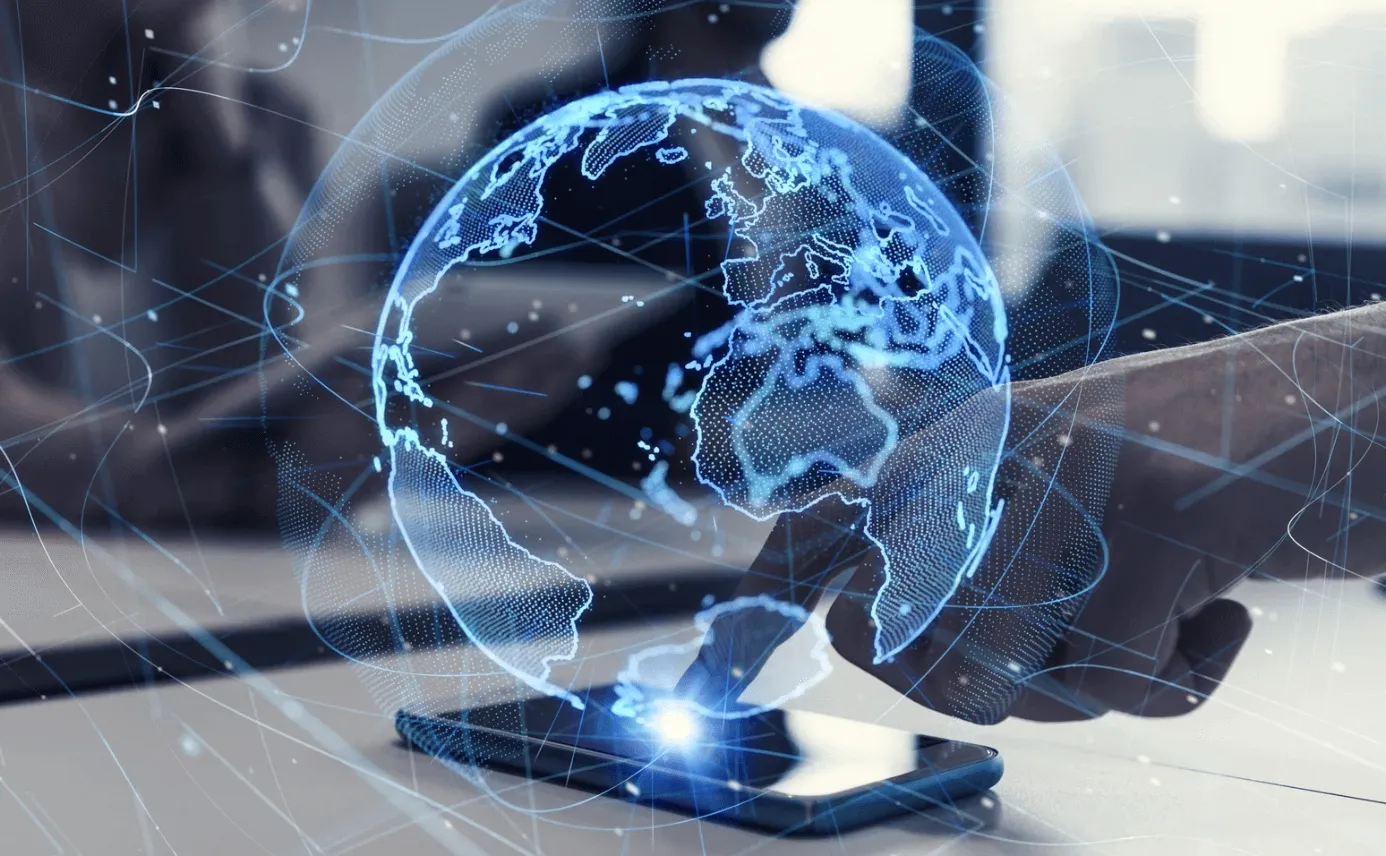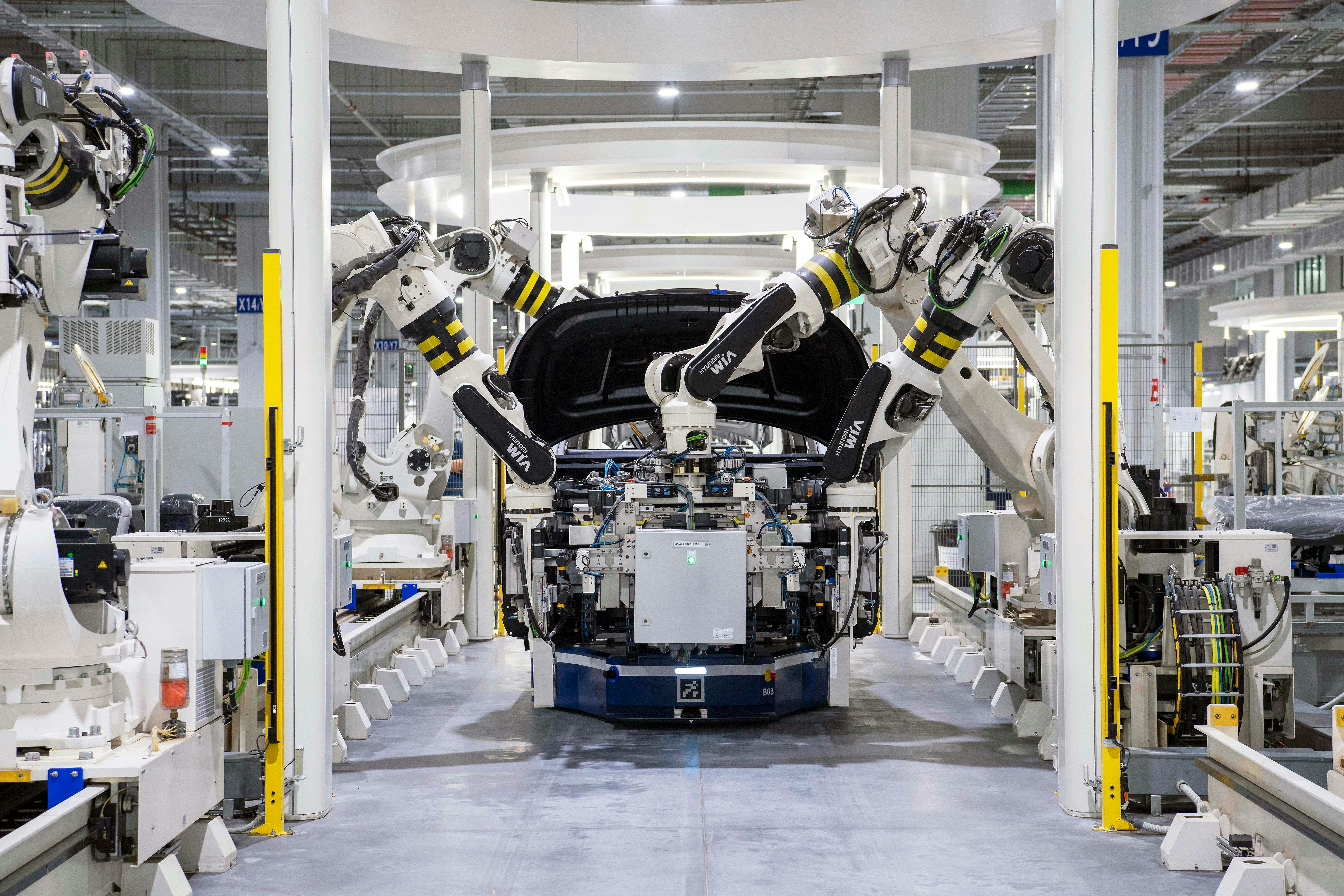
The Next Frontier: Navigating the Evolution of the Internet
In the early 2000s, the internet was a wild west of dial-up connections, clunky websites, and the promise of a digital utopia. Fast forward to 2025, and the landscape has evolved into a complex tapestry of artificial intelligence, spatial computing, and existential debates. But what's next? Is the internet heading toward a renaissance or a digital dystopia?
The Rise of AI: From Tools to Creators
Artificial intelligence has transitioned from a buzzword to a cornerstone of the internet's evolution. According to Deloitte's Tech Trends 2025 report, AI is becoming so integrated into our daily lives that it will soon be as ubiquitous as electricity . From personalized recommendations to autonomous content creation, AI is not just assisting but actively shaping the digital world.
However, this shift raises philosophical questions. Justin E.H. Smith, in his book The Internet Is Not What You Think It Is, argues that the internet's evolution reflects a broader philosophical dilemma: the tension between human agency and technological determinism. As AI takes on more creative roles, we must ask: Are we still the authors of our digital narratives?
Spatial Computing: Merging the Physical and Digital Realms
Spatial computing is another frontier gaining traction. Technologies like augmented reality (AR) and virtual reality (VR) are blurring the lines between the physical and digital worlds. Gartner's 2025 technology trends highlight spatial computing as a key area of growth, enabling more immersive and context-aware digital experiences.
This shift has profound implications for how we interact with information. No longer confined to screens, data becomes a tangible part of our environment. But as philosopher Bernard Stiegler suggests, this integration of technology into our daily lives necessitates a reevaluation of our relationship with the digital world.
The "Dead Internet" Phenomenon: A Cautionary Tale
While the internet's evolution brings exciting possibilities, it also presents challenges. The "Dead Internet" theory posits that the internet is increasingly dominated by AI-generated content and bots, leading to a loss of human touch. This trend raises concerns about authenticity, misinformation, and the erosion of genuine human interaction online.
Philosophers have long debated the implications of technology on human experience. László Ropolyi, in his work on an "Aristotelian" philosophy of the internet, argues that we must develop a new philosophical framework to understand the internet's role in our lives. As the digital landscape evolves, so too must our philosophical perspectives.
The Future of Internet Governance: A Global Challenge
As the internet becomes more integral to our lives, questions about its governance become more pressing. Nick Clegg's book, How to Save the Internet, discusses the challenges of regulating the digital ecosystem in an era of de-globalization and rising nationalism. He advocates for a "Digital Democracies Alliance" to facilitate global tech cooperation, emphasizing the need for international collaboration to address issues like misinformation and data privacy.
The evolution of the internet is not just a technological challenge but a political and ethical one. As users, creators, and citizens, we must engage in these discussions to shape a digital future that aligns with our values.
The Road Ahead: Embracing Change with Caution
The internet's evolution presents both opportunities and challenges. As we stand on the precipice of a new digital era, it's crucial to approach these changes with a balance of enthusiasm and caution. Embracing innovation while remaining vigilant about its implications will be key to navigating the next frontier of the internet.
FAQ
Q1: What is spatial computing?
A: Spatial computing refers to technologies like AR and VR that blend the physical and digital worlds, creating immersive and context-aware digital experiences.
Q2: How is AI changing the internet?
A: AI is becoming integral to the internet, powering everything from personalized recommendations to autonomous content creation, thereby shaping the digital landscape.
Q3: What is the "Dead Internet" theory?
A: The "Dead Internet" theory suggests that the internet is increasingly dominated by AI-generated content and bots, leading to a loss of human interaction online.
Q4: Why is internet governance important?
A: As the internet becomes more central to our lives, effective governance is essential to address issues like misinformation, data privacy, and digital inequality.
How to Navigate the Evolving Internet Landscape
-
Stay Informed: Regularly read reputable sources like ContentHub.Guru to keep up with the latest developments in technology and to keep up with the latest developments in technology and digital culture.
-
Engage Critically: Question the sources of information you encounter online and be aware of the role AI plays in content creation.
-
Advocate for Ethical Practices: Support initiatives and policies that promote transparency, data privacy, and responsible AI use.
-
Adapt to New Technologies: Embrace emerging technologies like spatial computing and AI, but do so with an understanding of their implications.
-
Participate in Governance Discussions: Join conversations about internet governance to contribute to shaping a digital future that reflects shared values.
In conclusion, the internet's evolution is a multifaceted journey that intertwines technology, philosophy, and society. By staying informed and engaged, we can navigate this complex landscape and contribute to a digital future that aligns with our collective aspirations.
Suggested for You

The Evolution of AI: What's Next in 2025 and Beyond
Reading Time: 5 min
Explore the latest developments in AI, philosophical perspectives, and what the future holds for art...
Read More →
The Next Life: Machines Building Machines and the Dawn of a Post-Human Era
Reading Time: 5 min
Explore the evolution of a world where machines build machines. From AI pioneers to cultural shifts,...
Read More →
The Next Frontier: Navigating the Evolution of the Internet
Reading Time: 5 min
Explore the future of the internet, from AI advancements to digital transformation, and how it's res...
Read More →.jpg?alt=media&token=eee8c90a-78da-4e81-9501-45f53adb6eb3)
Meta’s New Smart Glasses: Ray-Ban Display, Oakley Vanguard & the Birth of “Personal Superintelligence”
Reading Time: 5 min
Meta launches its first smart glasses with built-in display and neural wristband. Celebrating design...
Read More →
Comments